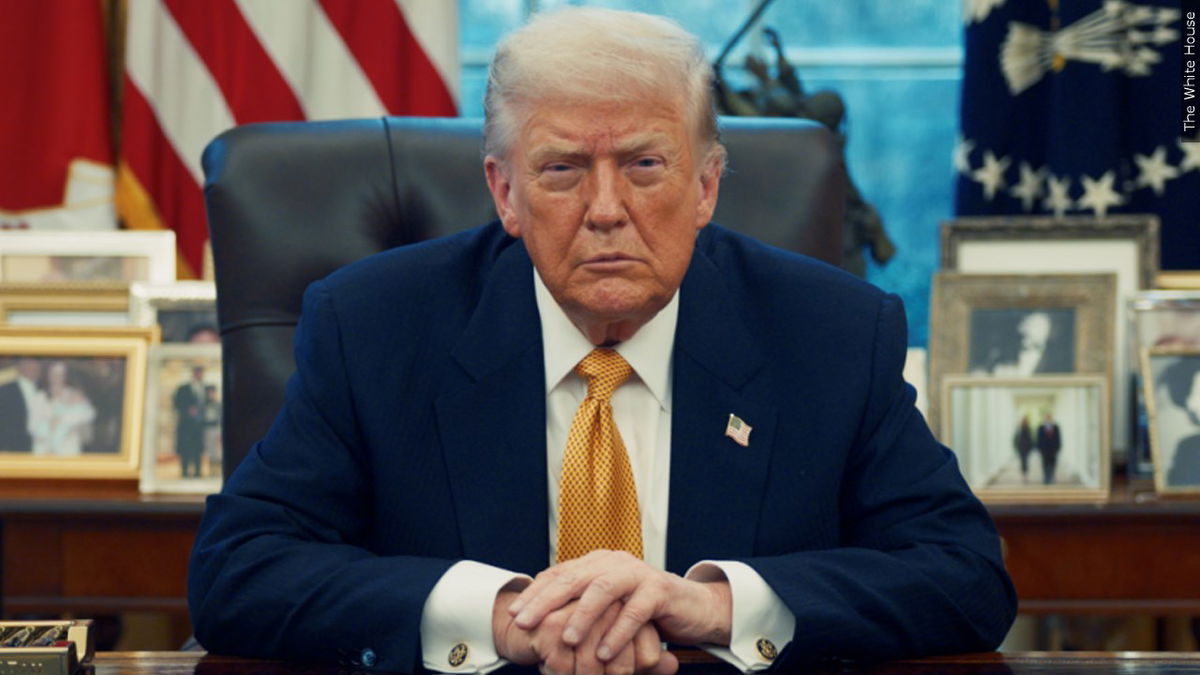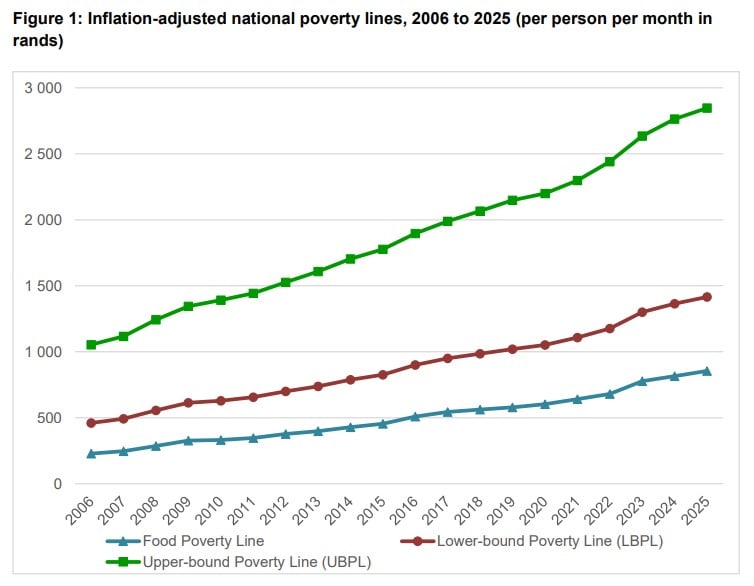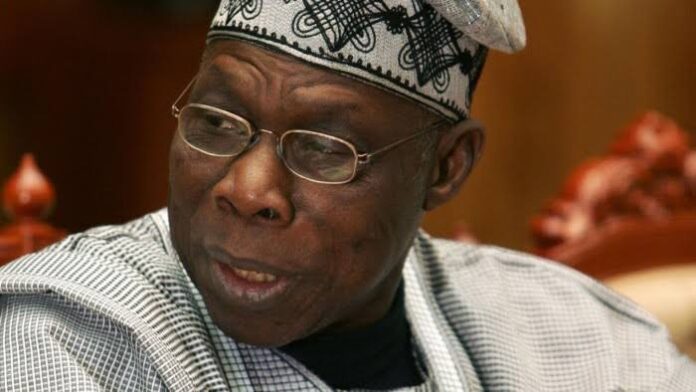Obasanjo Reveals How Ooni of Ife Helped Decide Alaafin Adeyemi’s Rise to the Throne
Former President Olusegun Obasanjo has unveiled the powerful traditional and political forces that quietly shaped the selection of the late Alaafin of Oyo, Oba Lamidi Adeyemi, over five decades ago.
Speaking as the chairman at a requiem symposium honoring the late former Oyo State Governor Omololu Olunloyo, Obasanjo described how delicate the selection of a new Alaafin was in 1970, especially given the political weight behind the throne.
At the time, Olunloyo served as Commissioner for Local Government and Chieftaincy Affairs under Col. Adeyinka Adebayo’s military government in the Western Region.
Obasanjo recalled the moment vividly:
“Victor (Olunloyo) came to my office, holding a paper and looking disturbed. The kingmakers had chosen the son of the deposed Alaafin, and he was unsure how to proceed.”
🕯 Curious how Nigeria’s traditional institutions balance power, legacy, and politics?
Read more revealing historical accounts and secret royal decisions right here.
(You won’t find this in your typical history book.)
Obasanjo advised him to consult the then Ooni of Ife, Oba Adesoji Aderemi, one of the most influential Yoruba monarchs at the time.
When Olunloyo met the Ooni, he was given a profound answer:
“Let the children of those who have sat on the throne return there. They are the ones who will not desecrate it. The rest is in the hands of God.”
Still cautious, Olunloyo also consulted elder statesmen Chief Obafemi Awolowo and D.S. Adegbenro, who gave their blessing. That support helped solidify the choice of Lamidi Adeyemi, despite the political baggage of being the son of a formerly exiled monarch.
With the military government of Col. David Jemibewon in place, the young Adeyemi was crowned Alaafin of Oyo in 1970 — a reign that lasted over 50 years, until his death in April 2022.
Obasanjo praised Olunloyo’s brilliance and tact in managing what could have become a regional crisis.
“His wisdom ensured a peaceful transition, honouring both tradition and the political realities of the time,” he said.
The story sheds light on how traditional rulership in Nigeria often hinges not only on bloodlines, but on diplomacy, respect for elders, and divine timing.










